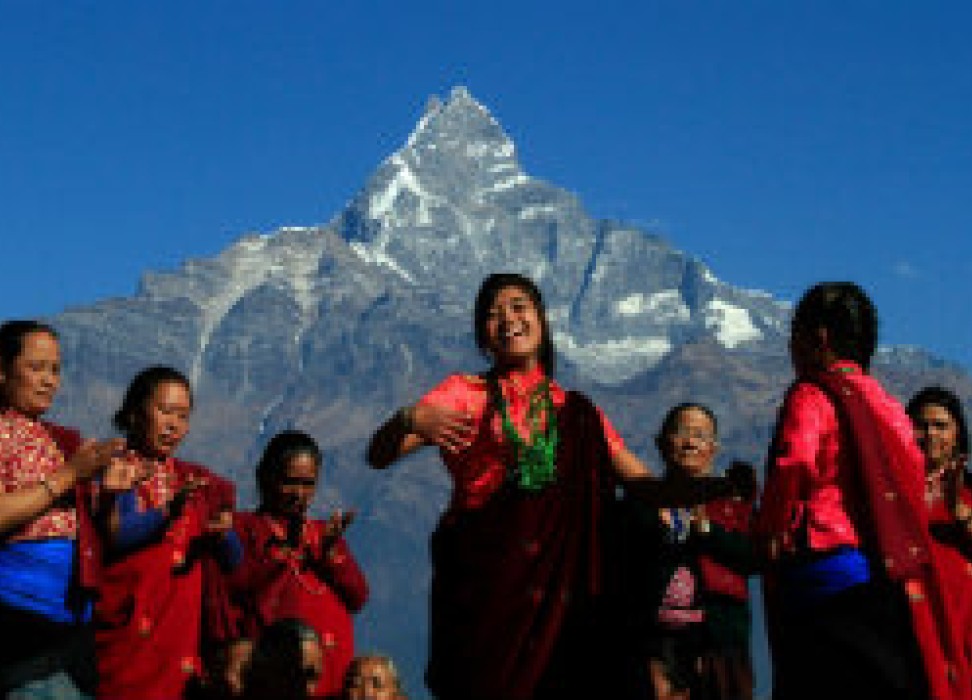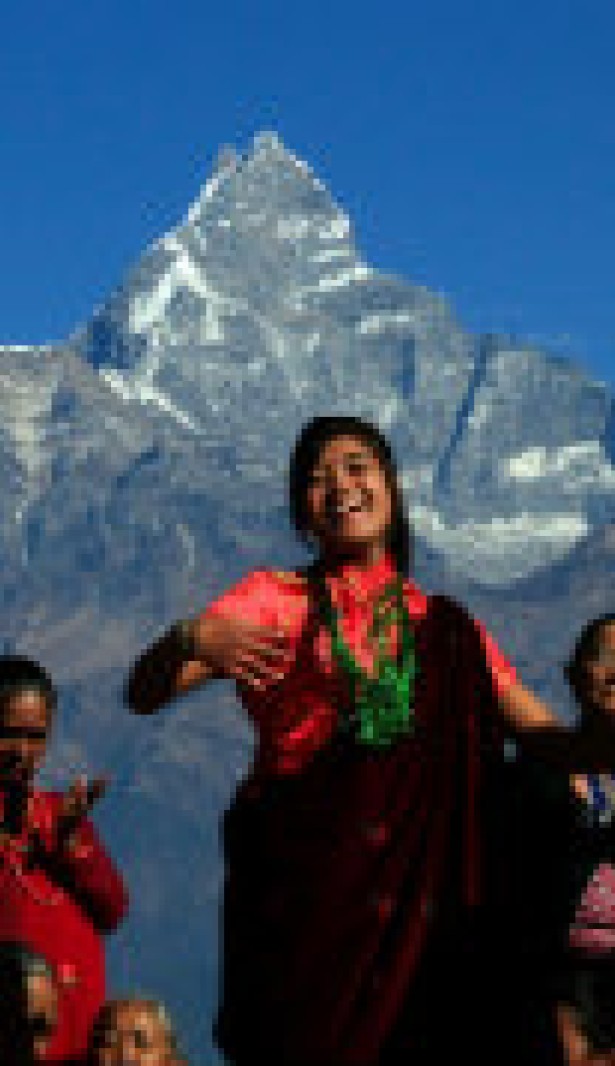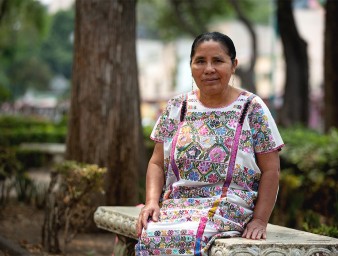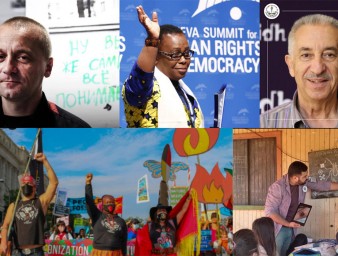Empowering indigenous peoples in Nepal
07 August 2015

“The fellowship has exposed me to critical human rights issues across the world and given me a solid grounding in international human rights instruments and mechanisms,” says Subha Ghale, this year’s UN Human Rights Office Senior Indigenous Fellow who belongs to the Gurung indigenous ethnic group and lives in Kathmandu.
Since 2011, the UN Human Rights Office provides a unique opportunity for one highly experienced indigenous person to receive intensive training as a Senior Indigenous Fellow in order to contribute towards the promotion and protection of human rights of indigenous peoples in their home country as well as at the regional and international levels.
Ghale is receiving training at the Office on the UN human rights system, most specifically those addressing indigenous issues, through work experience within the Indigenous Peoples and Minorities Section at the Office and has raised awareness about critical issues concerning indigenous peoples at various important forums.
“I have had the opportunity to meet indigenous leaders who have made an indispensable contribution to the indigenous movement,” she says. “My interaction with them has also made me more convinced that indigenous knowledge and ways of life hold answers to many of the world’s problems including climate change.”
Before coming to Geneva, Ghale was involved with a voluntary relief effort for communities affected by the devastating earthquake in Nepal. In her view, the majority of the victims of the disaster belonged to indigenous ethnic groups, primarily Tamang. “But the government did not publicly acknowledge this fact or its implications,” she says. “Travelling to the affected areas, I met many survivors from these communities whose disaster vulnerability was largely a result of poverty and systematic exclusion.”
When she returns to Nepal, Ghale will use this experience towards her work as project coordinator for the National Indigenous Women’s Federation (NIWF), an umbrella organization of 36 indigenous women’s organizations in Nepal. NIWF seeks to ensure the rights of indigenous women, including their customary rights.
Since 2003, Ghale has been responsible for designing and implementing strategic programmes on empowering indigenous women. She leads training and advocacy programs on issues including indigenous customary laws and traditional institutions, and human rights issues of indigenous women. Her interaction with other indigenous women has made her realize the urgency of preserving indigenous traditions and cultures in the face of ongoing erosion.
“Paradoxically, all across the world, indigenous peoples are being dispossessed of their lands and ways of life. Extractive industries, often in collusion with governments, have flagrantly violated their rights, as have many carelessly planned infrastructure development, tourism, and conservation projects,” she notes. “Now more than ever we need concerted efforts to protect and promote the rights of indigenous peoples. I am hopeful that the knowledge and experience gained at OHCHR will strengthen my ability to campaign for indigenous peoples’ rights back home and elsewhere.”
The International Day of the World's Indigenous Peoples is commemorated every year on 9 August to celebrate, raise awareness on and promote the rights of indigenous peoples around the world. This year’s theme is “Post 2015 Agenda: Ensuring indigenous peoples’ health and well-being”.
7 August 2015




